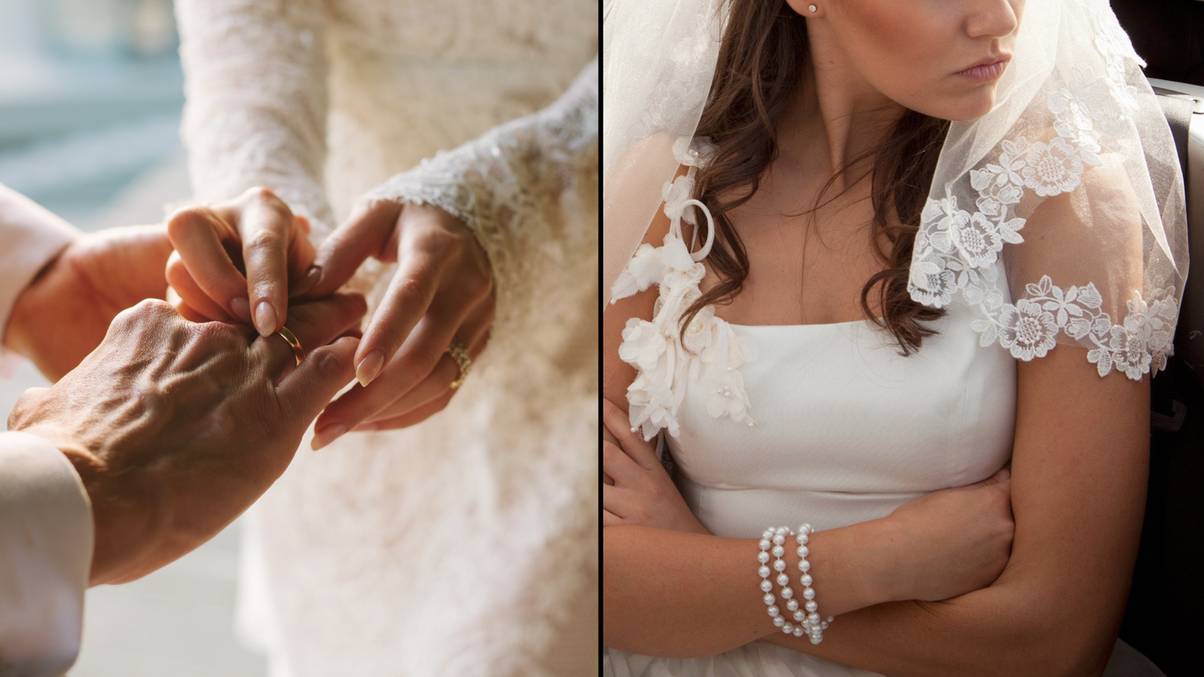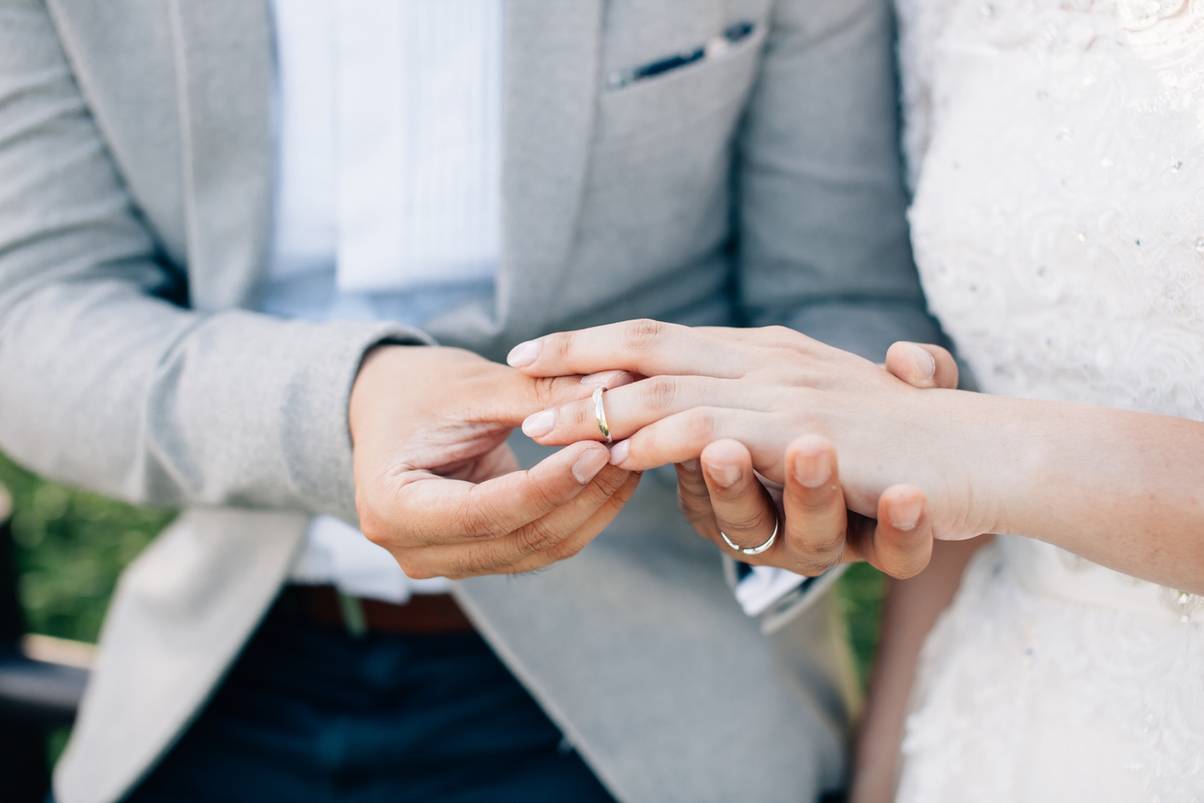
A marriage was annulled last year after the bride said she thought her wedding was a prank to boost the groom’s social media presence.
The judgment was issued in October and released on Thursday (9 January) in a Melbourne court, as the bride ‘believed she was acting in a social media event’ in an attempt to grow the groom’s Instagram fame, and not a legitimate wedding.
After only meeting each other three months prior to the wedding, the bride testified in court, claiming that she received an invitation to a ‘white party’ in Sydney, Australia, back in December 2023.

However, upon arriving, she was surprised to see that he ‘organised a wedding’.
Speaking in court, she said that she asked the groom what was going on, to which he responded by describing it as ‘a simple prank’.
She revealed that the confusion began when she got there and realised that nobody else was in white.
“He told me that he’s organising a prank wedding for his social media. To be precise, Instagram, because he wants to boost his content and wants to start monetising his Instagram page,” she claimed.
Footage taken at the wedding shows the pair exchanging vows and rings, like any normal wedding.
However, she claimed in court that she was acting to make the prank ‘look real’, saying it was ‘all an act’ as she believed that it wasn’t legitimate.
The bride only found out about the wedding being legally binding when the groom asked the bride to add him to her permanent residency application.
The groom, who has 17,000 Instagram followers, would go on to deny these claims.
In court, he stated that he did organise ‘the marriage to help him’ as he was not a permanent resident, though he did also say that it was an intimate ceremony ahead of an official wedding to be organised later.

However, the court rejected his claims, after poking holes in the bizarre story and ruling in the bride’s favour.
In fact, the judge told the groom that his claims were ‘so bereft of detail as to be near meaningless’.
On top of all of this, the judge said that it was ‘impossible to accept’ that the bride would willingly have a wedding ceremony without a friend or family member with her.
The judge noted that she was religious, further explaining: “Precisely why she would participate in a civil marriage and not in a church marriage ceremony went unexplored. It made no sense to me that she would.”
As a result, the marriage was successfully annulled.